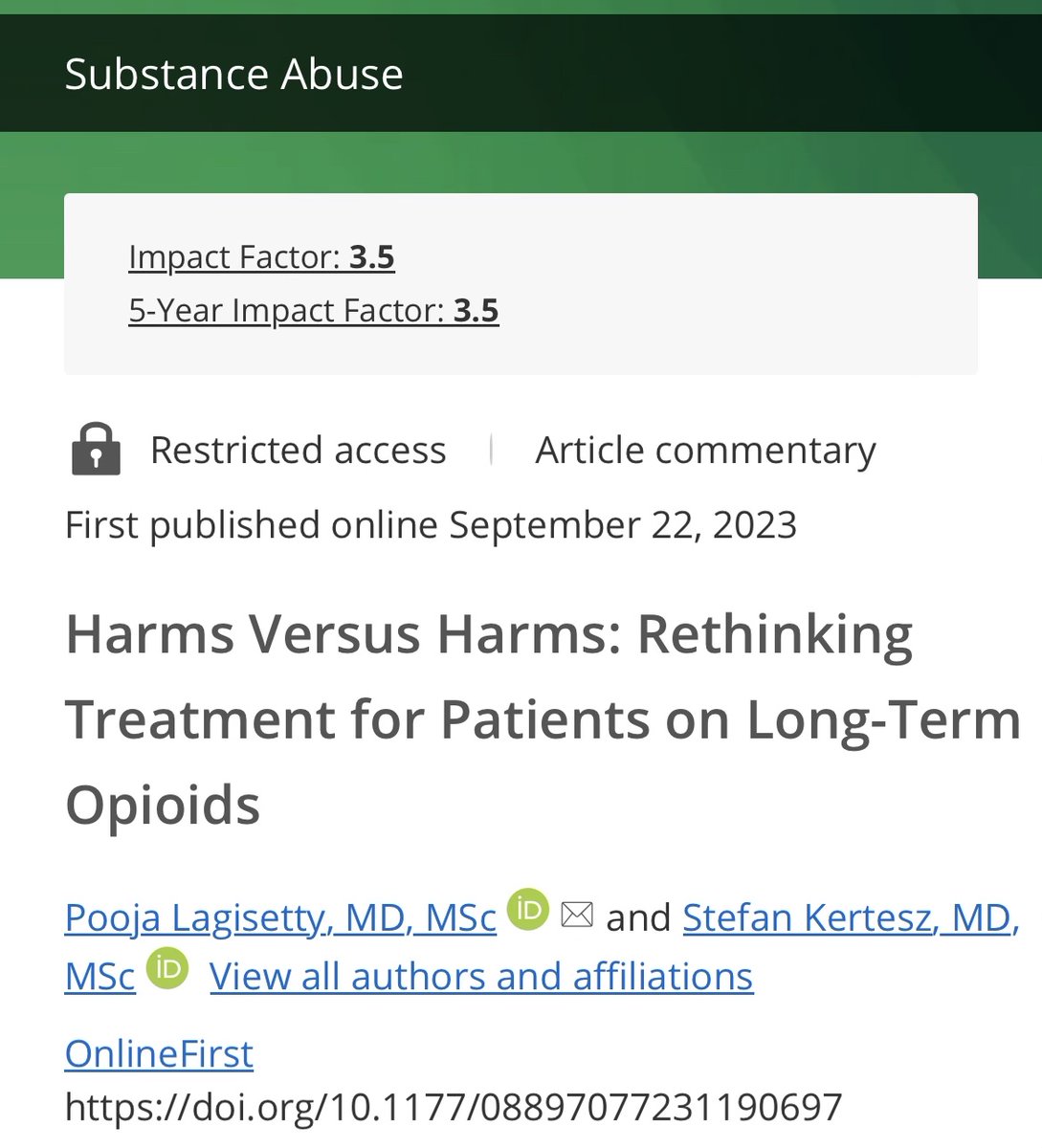1/The announcement by @CMSGov is important for primary care in a #COVID19 setting. It partly, temporarily, correct a major disparity that financially penalizes telephone-only care, even when that's the only thing the patient can handle. Here's the scoop cms.gov/newsroom/press…
2/Why it matters. Current rules reward caring for tech-savvy patients with 2-way audio-visual. Most of my formerly homeless patients >50 lack equipment, data plan, or comfort. Now there is payment parity, for SOME services. Which ones? Opioid use disorder treatment, for one! #OUD 

3/This parity for telephone care does NOT include the most common primary care services (like the standard visit of 99213/4). It ONLY applies to services already shown on list you can (and should) check out here: cms.gov/Medicare/Medic…
4/A phone visit, absent more complex care coordination, would be covered under these short-term "for the pandemic" codes 

5/But in chronic pain with complex patients, we do a LOT of coordination of services, and that CAN be telephone only G0506-- like those long conversations where you sort out the interlocking service needs across multiple providers and needs 

6/Other potentially good things (or things I wish to know more about)
*telemedicine for inpatients (ie's hospital helping each other)
*extended use of non-physicians in hospitals
*lots of additional services "via telehealth" (not necessarily telephone only however)
*telemedicine for inpatients (ie's hospital helping each other)
*extended use of non-physicians in hospitals
*lots of additional services "via telehealth" (not necessarily telephone only however)
7/In the category of "this may turn out to be a mistake" -waiver of many patient rights under 42 CFR §482.13 , but "only for hospitals that are considered to be impacted by a widespread outbreak of COVID-19." You can see those rights here: law.cornell.edu/cfr/text/42/48…
8/Finally please note that this is my 1st take and there is fine print. We may yet discover "efficiencies" that don't play out as anticipated. And: my experience with @CMSGov is THEY want to know! (the wonderful Dr. Shari Ling of CMS below) cms.gov/files/document… 

• • •
Missing some Tweet in this thread? You can try to
force a refresh

















